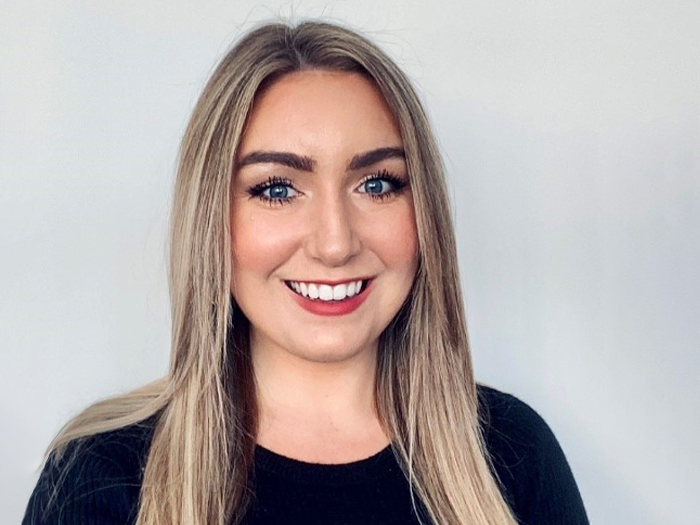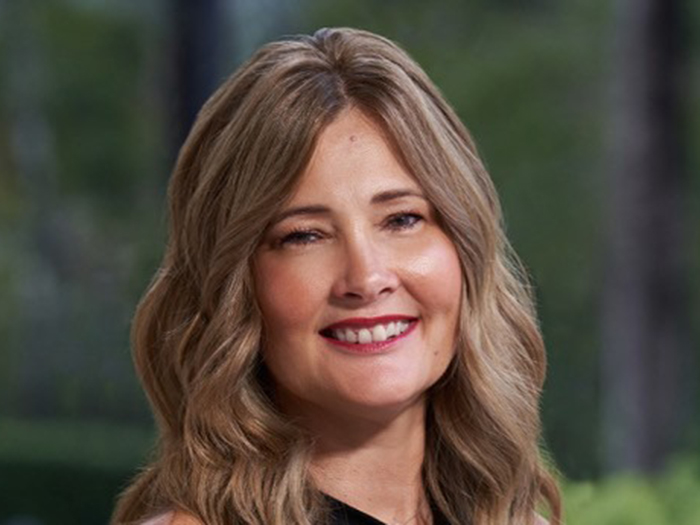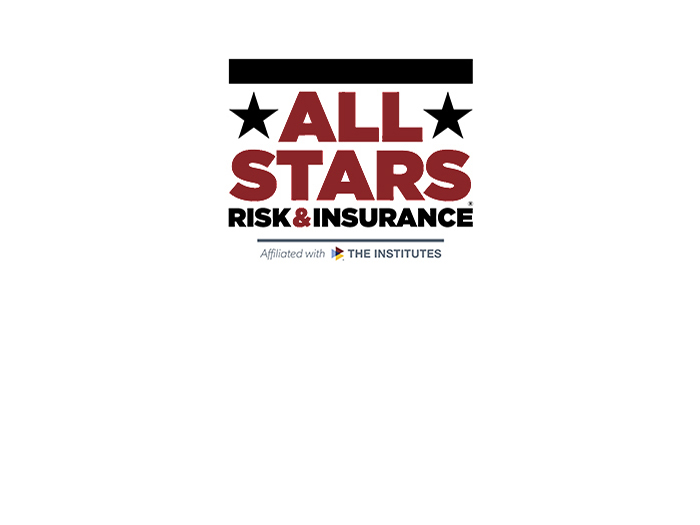Rising Star Jaclyn Perryman on Climate Change and Market Volatility in Agriculture


Come see the Stars! As part of our ongoing coverage of the best brokers in the commercial insurance space, Risk & Insurance®, with the sponsorship of Philadelphia Insurance, is expanding its coverage of the Rising Stars, those brokers who represent the next wave of insurance brokering talent.
Look for these expanded profiles on the Risk & Insurance website and in your social media feeds throughout the year.
We recently caught up with Jaclyn Perryman, casualty broker at WTW and a 2024 Agriculture Power Broker.
Risk & Insurance: What led you to a career in the insurance industry? How did you end up working in the agricultural sector?
Jaclyn Perryman: My aunt was a large influence to me working in the industry. She worked at a large third-party claims administrator for her entire career. I look up to her as a role model for many reasons, but growing up, I loved the way she spoke of the industry, the challenges it gave her as well as the limitless opportunities. Insurance can have a negative connotation sometimes in today’s climate, but remembering that we are helping people and companies protect themselves is powerful and provides us all with focused purpose.
My career in broking has been largely focused in the agricultural sector. While it started by happenstance, I grew to love the industry. Being able to help companies that are vital to every person’s daily life fueled my passion for the space. Combining my personal interests with WTW’s focus on industry specialization allowed me to become further ingrained in the industry, deepen my knowledge and become the industry expert I am today to assist with the challenges the agricultural sector faces.
R&I: What sets this sector apart from others? What are some of the trends you’re seeing in the agricultural space today?
JP: The agricultural sector has significant cultural, social and economic significance. Different than many industries, food brings people together. The industry is highly dependent on natural resources, which can lead to challenges in production by being reliant on land, water and climate. The industry is experiencing rapid innovation in areas of automation and biotechnology.
Additionally, market volatility continues to be an area of interest in the agricultural space as it directly impacts client financial outcomes and food prices for consumers. Keeping up with these trends is important in order to properly service our clients and understand market dynamics.
R&I: What are the biggest challenges your clients are currently facing? How do you approach solving these challenges for your clients?
JP: Climate change and unpredictable weather is a challenge many clients are facing. In particular, one of my clients has experienced significant impact to their production due to weather conditions out of their control. While the slow of production impacts them financially, the downstream impact to their customers — and ultimately the consumer — is vast.
Speaking with this client, I learned of their challenges and what they are doing to overcome them. When discussing their risk management approach and insurance purchasing, utilizing WTW’s array of analytical and actuarial tools helps structure a program that suits their risk appetite and allows them to protect their balance sheet while also reaping the benefits of their risk management practices.
It was important to display to the insurance markets that, despite ever-changing pricing demands in their market, their insurance premiums are fair to their production and are fully comprehensive in coverage and that they are not treated as a commodity in this space.
R&I: What’s your approach to customer service, and what’s your brokering philosophy in general?
JP: I approach client service with three pillars to deliver the most favorable results: responsiveness with timely and thorough communications; solution-orientated thinking; and reliability.
My goal is to be my clients’ trusted advisor, who they can depend on for any insurance need. I take pride in responding to client requests quickly to help satisfy their needs in a timely manner and to gain client trust that I will support them with finding solutions. I prioritize understanding client concerns by actively listening to their requests and feedback. By empathizing with my client, I can deliver excellent client service as I understand their priorities and perspective. When approaching client service, I start with “yes.”
I aim to be a problem-solver, offering practical solutions to concerns. This requires out-of-the-box thinking and the development of an extended network that I can work with to find solutions to their needs, even if I do not have the answer myself.
Marrying responsiveness and solution-oriented thinking, I have come to be a dependable consultant to my clients by going the extra mile. I find joy in helping them deliver best-in-class results and endeavor to make their lives easier.
R&I: How do you stay on top of trends or changes happening in your sector? What do you find is the best way to communicate this information to your clients?
JP: Keeping up with trends in the agricultural — as well as the food and beverage industry — is a continuous process. Ensuring I am excelling in my field requires dedication, learning and adaptation to changes in the food industry environment. By focusing my attention on my clients in the food and beverage industry, I have endeavored to become an expert in the diverse and unique insurance needs of clients in this industry.
I have found success in thoroughly researching the industry sector to understand its history, trends and current dynamics. This allows me to have well-rounded knowledge on challenges faced by my clients and find insurance solutions tailored to their business needs.
While WTW leads with specialization and expertise within our industry verticals, the food and beverage industry vertical has afforded me many opportunities to strengthen my knowledge of this industry field. I attend monthly North American meetings with members of the vertical across the country. These meetings allow experts to speak on developing industry issues and foster an environment of collaboration from various regions and backgrounds.
Further, I attend quarterly global calls with industry experts across multiple lines of business. These meetings allow me to establish and understand trends outside of casualty insurance and gain a better understanding of the overall marketplace as it relates to the food industry. This cross-collaboration allows for the aggregation of data related to clients in this industry, which helps to provide insight into industry trends. I can leverage this insight by learning how it impacts my clients and finding solutions to these trends in the insurance marketplace.
Communicating this information with clients is critical. I find the most effective way to deliver this information is through thorough and frequent communication. I endeavor to make discussions surrounding trends and changes in the market part of both formal and informal conversations. I am a believer in transparency, and feel the more knowledgeable the client is on trending topics, the better everyone is for it.
R&I: What advice would you give to someone just beginning a career in insurance?
JP: Starting a career in insurance can be both rewarding and challenging. In my opinion, the key to success is understanding what your passions are and how you can align them with your career. Finding this balance will help you to feel fulfilled daily and ignite a fire that leads to important evolutions in the industry and for your clients.
Risk management and insurance is a people business. While technology helps us to be more efficient, ultimately, it is our relationships with people that deliver the best results. I recommend to anyone starting their career to start on two paths: education and networking.
Young professionals should be as inquisitive as possible to expand their knowledge and to challenge the status quo. Additionally, building a network of industry contacts through professional associations, conferences and informal conversations will help you to feel ingrained in the field, supported and mentored. &








